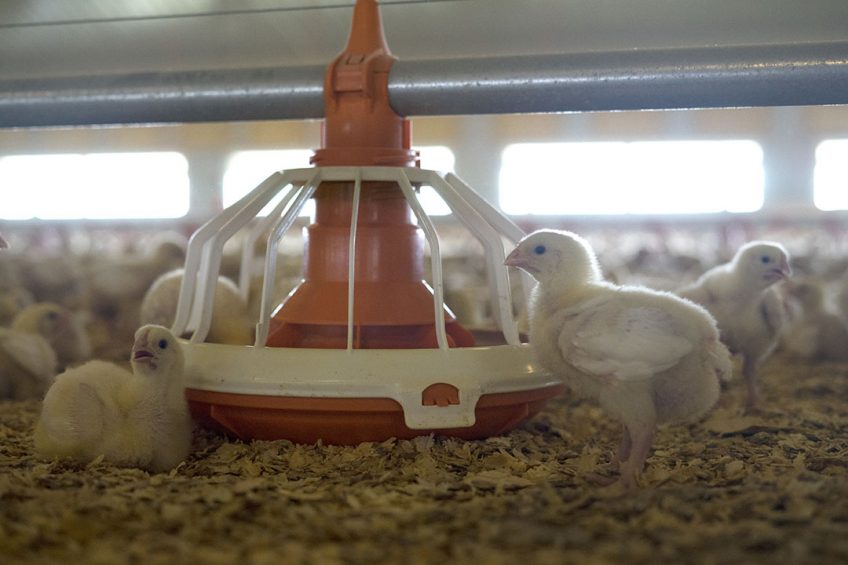Plant-based vaccines to prevent Newcastle Disease

Plans to develop novel plant-based vaccines to prevent Newcastle Disease are underway as part of a joint UK academic/research institute project.
The four year project, jointly led by the University of Nottingham’s School of Veterinary Medicine and Science and Rothamsted Research, will look to develop improved vaccines for ND using transient expression in plants.
Newcastle Disease of poultry is caused by the negative-sense RNA virus avian paramyxovirus type-1, which can cause severe disease with high mortality, and as a result, is on the World Organisation for Animal Health (OIE) list of notifiable diseases.
Epidemics occur regularly, despite widespread use of vaccines, having significant impact on poultry production worldwide. Prevention of disease remains challenging due to the presence of viral reservoirs in wild birds and the ability of the virus to mutate and evade vaccine-induced immune responses.
The researchers says that further development is needed to produce more effective strains. An ideal vaccine would protect against a broad range of virus strains or be rapidly antigen matched to emerging strains, be produced at a low cost and easy to administer in either food or water. Plant-based vaccines are able to fulfil such criteria.
The project, led by Professor Stephen Dunham, associate professor at Nottingham University and Dr Kostya Kanyuka, from Rothamsted, aims to:
• Establish the construction of expression vectors for viral proteins. Nucleotide and protein alignments of Newcastle Disease virus surface proteins will be used to select sequences for plant expression followed by cloning into plant expression vectors.
• Bring about the optimisation of plant expression in tobacco leaves Nicotiana benthamiana. Expression constructs will be used to express protein in N. benthamiana following agroinfiltraton with Agrobacterium tumefaciens. Expressed proteins will then be purified and characterised before proceeding to antigenic analysis and immunisation of chickens.
• Antigenic recognition of recombinant proteins. ELISAs will be developed to detect antibody binding using a panel of sera from infected or vaccinated birds.
• Immunisation of chickens with recombinant proteins. The reactivity of serum antibodies with a panel of viruses will be determined by haemagglutination inhibition (HI) and virus neutralisation tests (VNT). This will give insight into their protective ability and potential for further development as poultry vaccines.
The project is one of five offering PhD studentships in international agricultural development through the Nottingham-Rothamsted Future Food Beacon initiative. Other research projects include developing reproductive resilience to heat stress in rice; a risk assessment of sub-lethal insecticide exposure: new biomarkers and metrics in bees; understanding hypoxia tolerance mechanisms for rice improvements and exploring diversity in the grain structure, composition and functionality of pearl millet.
Join 31,000+ subscribers
Subscribe to our newsletter to stay updated about all the need-to-know content in the poultry sector, three times a week. Beheer
Beheer











 WP Admin
WP Admin  Bewerk bericht
Bewerk bericht